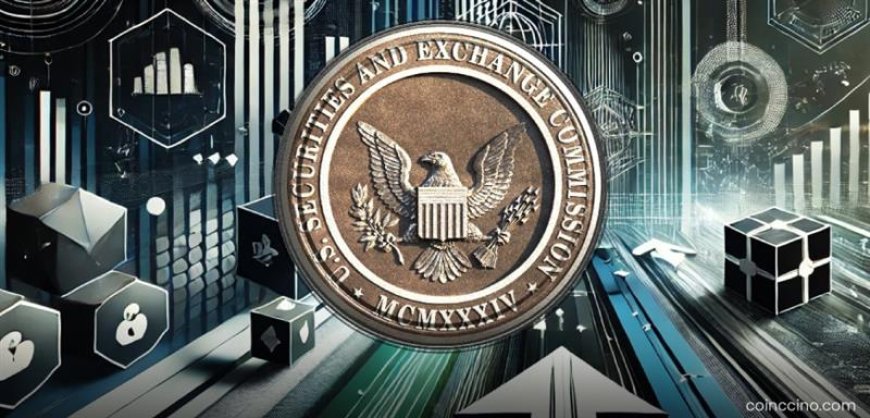SEC Plans “Innovation Exemption” in December to Loosen Crypto Rules, Signals Shift from Gensler Era
The U.S. Securities and Exchange Commission (SEC), now led by Chair Paul Atkins, is reportedly preparing a major regulatory shift: an “innovation exemption” for blockchain products that would take effect in December. This move aims to reduce compliance burdens for on-chain projects and signal a more favorable posture toward crypto innovation. The change marks a significant departure from the stricter enforcement regime under former Chair Gary Gensler.

Market Context
Under previous SEC leadership, many crypto companies faced regulatory uncertainty, enforcement actions, and strict classification of tokens as securities. U.S. firms often looked abroad for regulatory clarity or relocation. With the new exemption and reduced rules, there is optimism the U.S. could become more competitive for blockchain development and innovation. Globally, this shift may influence regulatory trends as other jurisdictions observe the U.S. recalibrating its crypto stance.
Technical Details with Attribution
- Innovation Exemption: SEC Chair Atkins has proposed a special exemption, effective December, to make it easier for both crypto and non-crypto firms to launch on-chain products.
- The exemption would allow more lenient treatment under securities rules and lower barriers for blockchain product deployment, particularly for projects not viewed as traditional securities.
- This approach represents a pivot from the Gensler era’s “enforcement-first” regulatory posture, where many tokens were treated as securities and projects were heavily scrutinized.
- In parallel, the SEC has already approved new generic listing standards that simplify crypto ETF approvals, reducing the need for tailored reviews.
Analyst Perspectives
Analysts welcome the potential relief but caution that the details will matter: how broad the exemption is, how the SEC defines eligible projects, and how ongoing projects will be grandfathered in. Some warn that overly lax rules could invite bad actors or degrade investor protection. The success of the shift depends on how cleanly the new regime is executed, how Congress reacts, and how market participants adapt.
Global Impact Note
If the U.S. reduces regulatory friction for crypto and blockchain projects, capital and talent flows may tilt back toward American hubs. It may also prompt other countries to lift restrictions or adopt similar innovation exemptions. On the flip side, if U.S. rules become too permissive, it could increase scrutiny from global regulators concerned with fraud, consumer protection, and cross-border supervision.